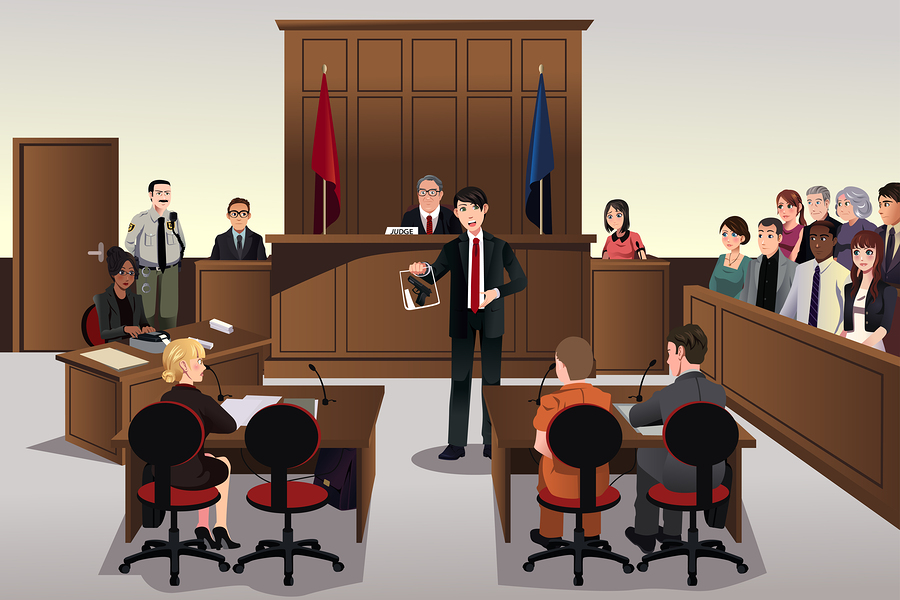 Having obtained acquittals on behalf of clients as well as hung juries it is helpful to understand some of the basic jury concepts.
Having obtained acquittals on behalf of clients as well as hung juries it is helpful to understand some of the basic jury concepts.
WHAT IS A HUNG JURY?
Sometimes a jury becomes hopelessly deadlocked in a criminal case, in which neither side is able to prevail. Usually this means there is no unanimous verdict. If the jury is “hung” the trial judge will declare a mistrial. This is done generally when the jury, after extended deliberation, is unable to change its votes to reach the unanimous verdict required. A new trial from scratch, with a new jury panel, is required. The prosecutor or DA can decide not to retry the case, particularly if a majority of the jury favored acquittal. Most often both the Defense Counsel and DA will attempt to speak with the jurors before they leave to get a feel for the case as they saw it.
CAN A HUNG JURY BENEFIT A DEFENDANT?
A hung jury often brings a Defendant one step closer to being able to walk away from the charges that have been hanging over their head or a plea to a lesser charge with less of a penalty.
SOME BACKGROUND ON JURY DELIBERATIONS
Once the judge finishes reading the jury instructions, the case is “given” to the jury who then retire to deliberate.
Usually, any alternate jurors will now be released. Some attorneys like to seek out the alternates and ask their opinions of the case. The jurors are not required to speak to anyone, but some will. Without having the benefit of speaking with the other jurors, however, the alternates’ views are not always the same as the views of the actual jury. Nearly every trial lawyer, it seems, has a few stories of alternates predicting one verdict when the actual result was the opposite.
In New York State, jury verdicts must be unanimous. In other words, all twelve people must agree to the same verdict. If they don’t agree, the case is “hung” and must be retried in front of another jury. Different judges will permit a jury to deliberate for different lengths of time.
Jurors in New York are no longer sequestered (held together in a hotel overnight) in all cases if they don’t reach a verdict by the end of the day. Jurors are sequestered in New York only in serious violent felony cases.
In many cases, the jury will send notes to the judge requesting certain portions of the trial be read back by the Court Reporter, or requesting that the judge reread portions of the jury instructions.
Be sure to hire a true trial attorney with real and recent trial experience when you are facing criminal charges that will forever impact your life. Call me at William Balduf, Esq. at 315 474-5533.
See also:
